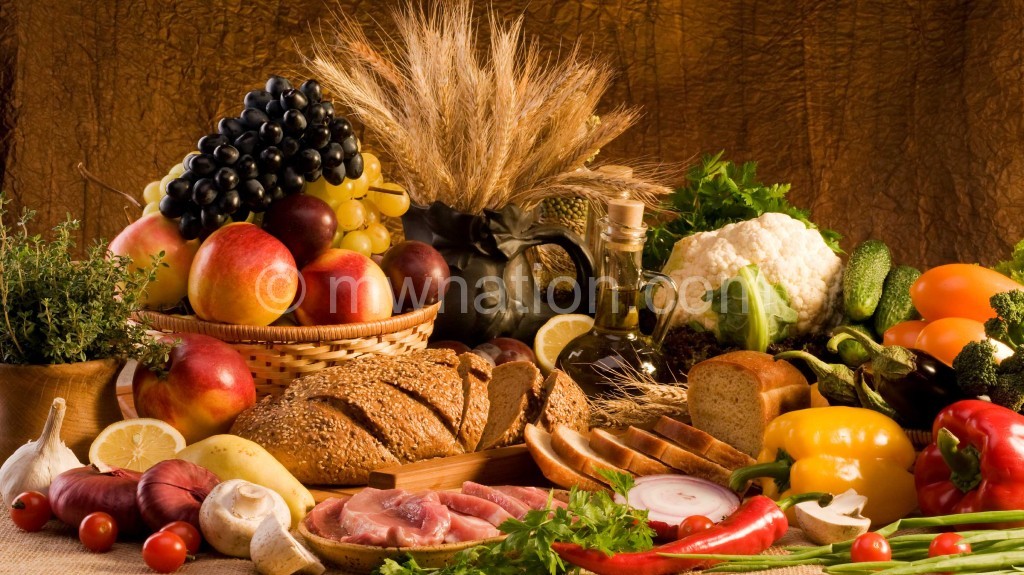Moving towards nutrition
With government estimates that about 6.5 million people will suffer acute food shortages between now and the next harvesting period in 2017, one can foresee a rise in cases of malnutrition.
President Peter Mutharika has always emphasised that the double shocks of heavy flooding in 2015 and the subsequent dry spells in early 2016, as a result of the El Nino weather phenomenon, have compounded the problem of food shortage in the country.
He says the double shocks Malawi suffered resulted in poor harvests, leading to household food insecurity and lack of nutritious diets among households.
This counters the ‘Zero Hunger Challenge’ United Nations (UN) Secretary General Ban Ki-moon launched in 2012 in an effort to completely eradicate the scourge of malnutrition and food insecurity.
This is more given that Malawians have grown to depend on rain-fed agriculture, leaving large bodies of water unused.
However, it should be stated that failure by government and the farmer to make good use of the water in lakes, rivers and streams nationwide is further worsening the situation.
By depending on rain, much of the right to food remains unfulfilled for millions of Malawians.
While this could be a bleak trend elsewhere, the story is different in Zoyi Village, Traditional Authority (T/A) Kanyenda in Nkhotakota. One needs to look to this village for lessons on an alternative economic model—one based on community management and control of land and resources—rather than the rampant destruction of living ecosystems for profit.
At Zoyi Village, rainfall-food nexus meets the accumulated traditional knowledge of lay people, pointing the way to a horizon where hunger and malnutrition could soon be a thing of the past, not the future.
The village is this year clocking three years since it embraced and started growing quinoa legume to beat hunger and malnutrition.
Total Land Care (TLC), Lilongwe University of Agriculture and Natural Resources (Luanar) and Management for Adaptation to Climate Change (Macc) II Project introduced the crop to the area as part of trials.
But Henry Kazembe, lead farmer in the Nkhunga Extension Planning Area (EPA), says farmers have already embraced the crop because it is drought-resistant and it does not require too much labour to produce.
The 54 year-old farmer further says given the high farming input costs in the country’s, it is imperative that farmers embrace the crop to beat hunger and malnutrition.
“This crop does not require chemical fertiliser which makes it easy and possible for everyone to grow and produce enough for his family. The prospect of pesticide and hassle free grain storage methods at affordable cost is irresistible among farmers,” he says.
TLC field coordinator Clapperton Chirwa says quinoa (chenopodium quinoa L) has come to contribute to increasing access to high nutritive food products in the Macc II project impact areas.
He says quinoa has potential to contribute to Malawi and Africa’s food security as it is among crops for food diversification under smart agriculture in adaptation to the impacts of climate change.
“So far, at least nine varieties have been evaluated for two reasons of on-farm and under irrigated conditions. We believe that inclusion of the highly nutritious grain to Malawian diets and the children diets can contribute the high rates of malnutrition that are at 47 percent of stunting and five percent of severe malnutrition in the under-five children,” he explained.
TLC managing director Zwide Jere says, based on the promising results from these adaptation and evaluation trials, TLC and its partners—Luanar and Macc II Project—included quinoa for on-farm evaluation in its project sites of Dowa, Ntchisi, Salima and Nkhotakota.
These represent three ecological areas of warm (lakeshore areas), mid altitude (Mwansambo area) and high altitude (cool area of Dowa and Ntchisi) under a five-year Macc II project.
Jere believes that inclusion of the highly nutritious grain to Malawian diets will significantly contribute to the fight against high rates of malnutrition in both adults and children under the age of five.
Nine varieties have been evaluated for both on-farm and under irrigated conditions.
“Besides, the current worldwide demand for healthy foods like quinoa also presents an opportunity for the country to produce quinoa as a food grain that can be exported for foreign exchange revenues,” he says.
The TLC boss says 13 quinoa varieties were introduced in Malawi in 2012 through a collaborative research work of Luanar and Washington State University for adaptation studies for Malawi conditions.
Initial trials were conducted at Luanar’s Bunda Campus and Bembeke Sub-Research Station under the Department of Agricultural Research and Extension Services in the Ministry of Agriculture, Irrigation and Water Development in Dedza under irrigated conditions.





